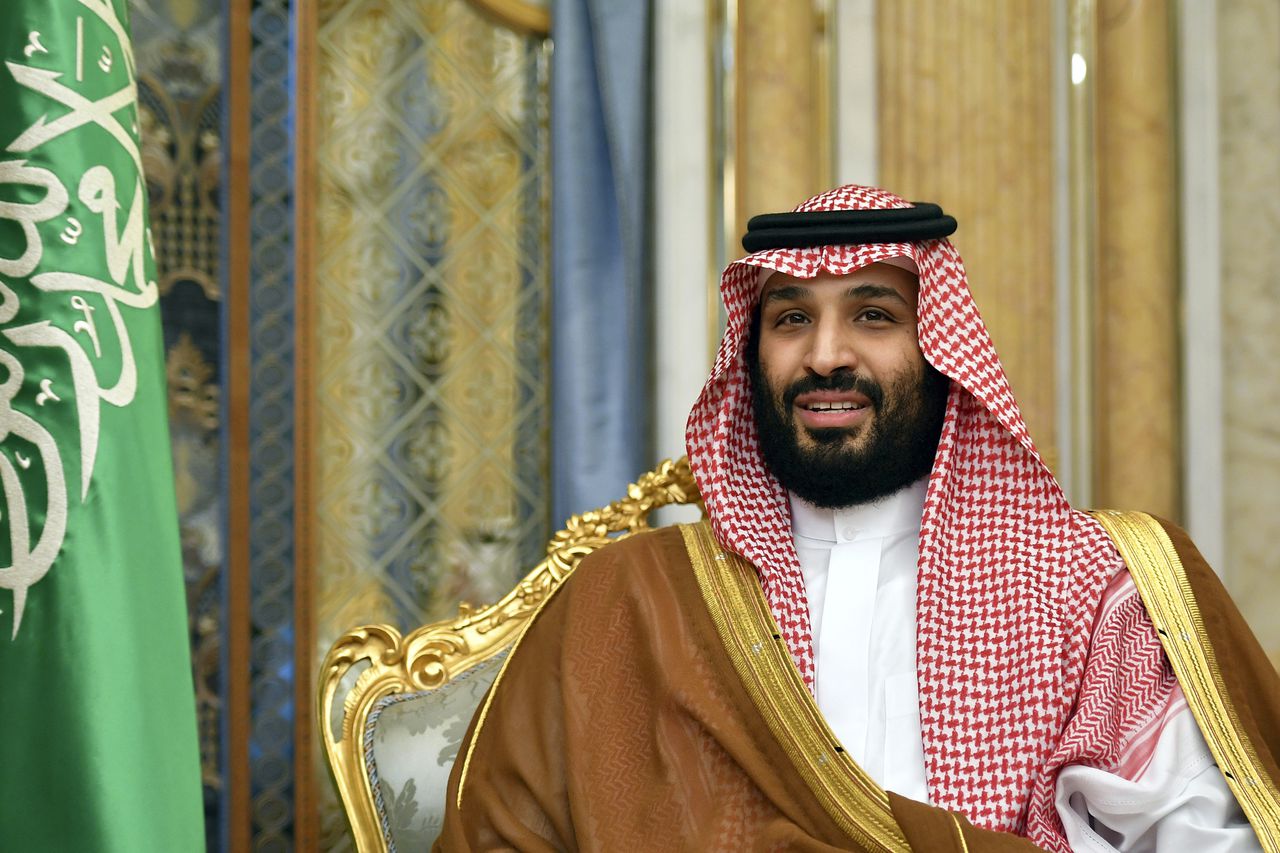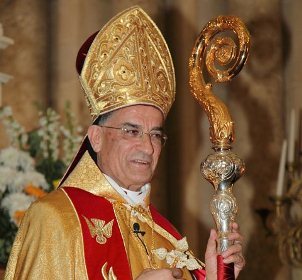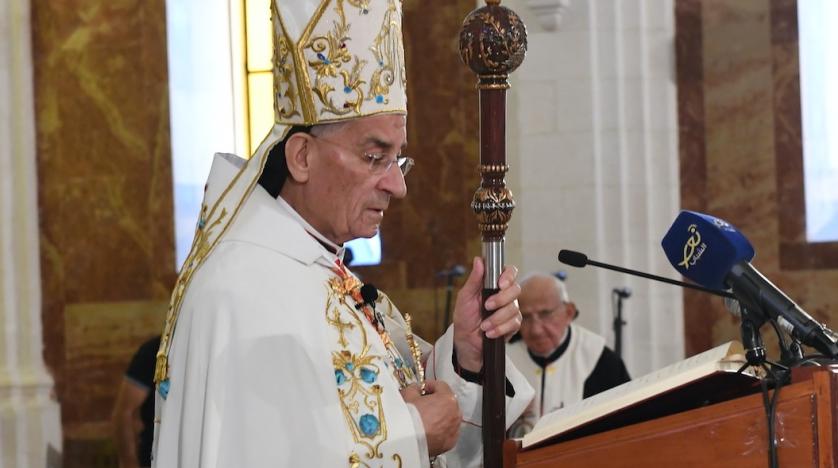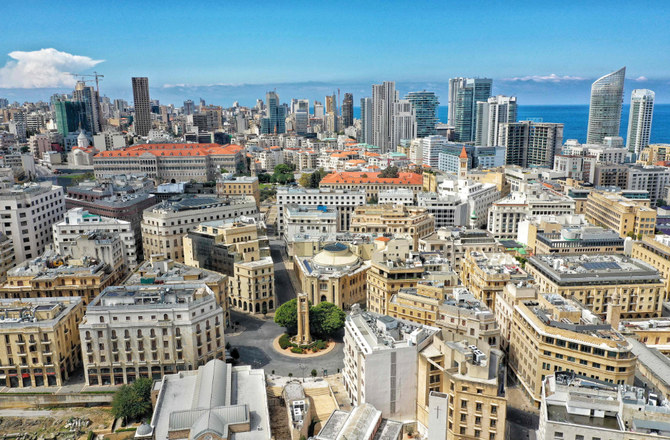
By Douglas Perry – oregonlive.com — By Douglas Perry | The Oregonian/OregonLive 00 Mohammed bin Salman continues to insist he did not order the 2018 murder of Washington Post contributing columnist Jamal Khashoggi. In an interview with The Atlantic, the 36-year-old crown prince of Saudi Arabia, widely known as MBS, said Khashoggi wasn’t important enough to kill. “I never read a Khashoggi article in my life,” he said. He added: “If that’s the way we did things, Khashoggi would not even be among the top 1,000 people on the list. If you’re going to go for another operation like that, for another person, it’s got to be professional and it’s got to be one of the top 1,000.”
The Atlantic reporter Graeme Wood writes that, throughout the interview, MBS “gave relaxed, nonpsychopathic answers to questions…” But Wood makes plain that he believes MBS is, indeed, a psychopath. He also suggests that the crown prince is transforming Saudi Arabia in ways that are, in many respects, good for the people of the oil-rich nation, turning it from “one of the world’s weirdest countries into a place that could plausibly be called normal.” The crown prince, needless to say, agrees that his reforms are a boon for his country. “Where is the potential in the world today?” MBS said, directing his comment to U.S. politicians and companies. “It’s in Saudi Arabia. And if you want to miss it, I believe other people in the East are going to be super happy.” When asked about the Biden Administration’s concerns about political repression in Saudi Arabia — and its public release of the CIA assessment that MBS was directly responsible for Khashoggi’s brutal murder — the crown prince said President Biden should worry about his own country. “We don’t have the right to lecture you in America,” he said. “The same goes the other way.” —











